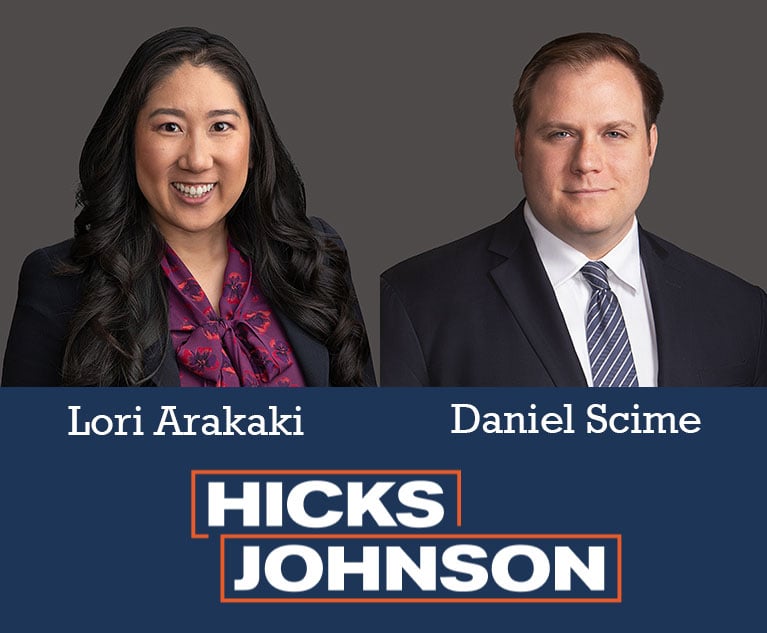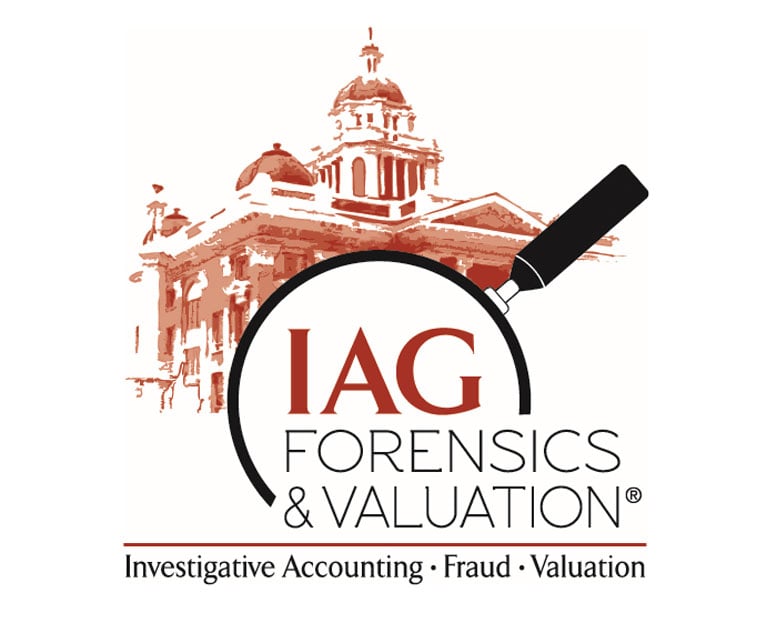22. The Real Cost for Not Understanding Your Client's Budget
Your firm may ask you and your colleagues to meet billable hours targets and revenue targets. This is common, and you may be forgiven for thinking that it's up to the clients to make this happen. But it's the other way around. Clients don't exist to help law firms make budget; law firms exist to help clients make budget.
November 12, 2021 at 08:22 AM
3 minute read
The original version of this story was published on Lean Adviser
In the first lesson on budgeting, we asked why some bills are easier to collect than others. This time we take a closer look at the relationship between law firm budgets and client budgets.
Let's start by noting the increase in increased demand for legal services. It was sudden and very welcome, but quite possibly temporary. This uptick had some remarkable knock-on effects, starting with competition among law firms for talent, leading to increased salaries. Since law firms have no appetite for reducing profitability, this will all get passed on to the place it started — clients. In all this animation, it is easy to forget the fundamentals. Demand may be up, but clients still care about money, and GCs are still budget holders.
So how does this all hang together? A common misconception is that there are competing processes here. It may seem like there's a budgeting process within law firms, then a separate process for individual attorneys, usually called targets not budgets, and lastly there's the clients' legal budgets. But, actually, this misunderstands the dynamic. In reality, there aren't three separate competing processes, but one joined-up process. As has been preached throughout Lean Adviser, lean law practice starts by looking from the client's perspective and the way forward instantly becomes clear.
Your firm may ask you and your colleagues to meet billable hours targets and revenue targets. This is common, and you may be forgiven for thinking that it's up to the clients to make this happen. But it's the other way around. Clients don't exist to help law firms make budget; law firms exist to help clients make budget.
From the client standpoint, every year there is a volume of work which needs to be supported, and the business sets aside some funding for the GC to achieve it. Project by project, and year by year, the GC has to manage a limited budget. If the GC runs out of budget, he or she has a problem. If you're the reason this happened, then you also have a problem.
We can see this intersect between the budgets of law firms and clients in sharp focus on the day you present a bill. If your work meets agreed expectations, comes in at an agreed budget, and if it represents overall value, then it's very easy for the GC to sign it off. It's also easy for the GC to rehire you for the next project. It all comes down to being reliable. This is why there is content in Lean Adviser about the difference between razzamatazz, which is of no value to clients, and reliability, which is priceless.
As you reflect on the importance of clients' budgets, here are some tips to remember:
- The GC is accountable to the business — so you're accountable to the GC.
- If in any doubt about budgeting, costing or price sensitivity, ask.
- If you work efficiently, effectively and transparently, you'll meet budget and billing will take care of itself
- Aspire to reliability, not razzamatazz; just do what you say you're going to do.
- Demand goes up, and demand goes down, but good methods will be your ally forever.
NOT FOR REPRINT
© 2025 ALM Global, LLC, All Rights Reserved. Request academic re-use from www.copyright.com. All other uses, submit a request to [email protected]. For more information visit Asset & Logo Licensing.
You Might Like
View All
Longtime AOC Director Glenn Grant to Step Down, Assignment Judge to Take Over
4 minute read
Hours After Trump Takes Office, Democratic AGs Target Birthright Citizenship Order
4 minute read
Hicks Johnson Promotes Lori Arakaki and Daniel Scime to Firm Partnership
2 minute read
IAG Forensics & Valuation is excited to announce promotions at our firm effective 1/1/2025.
1 minute readTrending Stories
Who Got The Work
J. Brugh Lower of Gibbons has entered an appearance for industrial equipment supplier Devco Corporation in a pending trademark infringement lawsuit. The suit, accusing the defendant of selling knock-off Graco products, was filed Dec. 18 in New Jersey District Court by Rivkin Radler on behalf of Graco Inc. and Graco Minnesota. The case, assigned to U.S. District Judge Zahid N. Quraishi, is 3:24-cv-11294, Graco Inc. et al v. Devco Corporation.
Who Got The Work
Rebecca Maller-Stein and Kent A. Yalowitz of Arnold & Porter Kaye Scholer have entered their appearances for Hanaco Venture Capital and its executives, Lior Prosor and David Frankel, in a pending securities lawsuit. The action, filed on Dec. 24 in New York Southern District Court by Zell, Aron & Co. on behalf of Goldeneye Advisors, accuses the defendants of negligently and fraudulently managing the plaintiff's $1 million investment. The case, assigned to U.S. District Judge Vernon S. Broderick, is 1:24-cv-09918, Goldeneye Advisors, LLC v. Hanaco Venture Capital, Ltd. et al.
Who Got The Work
Attorneys from A&O Shearman has stepped in as defense counsel for Toronto-Dominion Bank and other defendants in a pending securities class action. The suit, filed Dec. 11 in New York Southern District Court by Bleichmar Fonti & Auld, accuses the defendants of concealing the bank's 'pervasive' deficiencies in regards to its compliance with the Bank Secrecy Act and the quality of its anti-money laundering controls. The case, assigned to U.S. District Judge Arun Subramanian, is 1:24-cv-09445, Gonzalez v. The Toronto-Dominion Bank et al.
Who Got The Work
Crown Castle International, a Pennsylvania company providing shared communications infrastructure, has turned to Luke D. Wolf of Gordon Rees Scully Mansukhani to fend off a pending breach-of-contract lawsuit. The court action, filed Nov. 25 in Michigan Eastern District Court by Hooper Hathaway PC on behalf of The Town Residences LLC, accuses Crown Castle of failing to transfer approximately $30,000 in utility payments from T-Mobile in breach of a roof-top lease and assignment agreement. The case, assigned to U.S. District Judge Susan K. Declercq, is 2:24-cv-13131, The Town Residences LLC v. T-Mobile US, Inc. et al.
Who Got The Work
Wilfred P. Coronato and Daniel M. Schwartz of McCarter & English have stepped in as defense counsel to Electrolux Home Products Inc. in a pending product liability lawsuit. The court action, filed Nov. 26 in New York Eastern District Court by Poulos Lopiccolo PC and Nagel Rice LLP on behalf of David Stern, alleges that the defendant's refrigerators’ drawers and shelving repeatedly break and fall apart within months after purchase. The case, assigned to U.S. District Judge Joan M. Azrack, is 2:24-cv-08204, Stern v. Electrolux Home Products, Inc.
Featured Firms
Law Offices of Gary Martin Hays & Associates, P.C.
(470) 294-1674
Law Offices of Mark E. Salomone
(857) 444-6468
Smith & Hassler
(713) 739-1250








